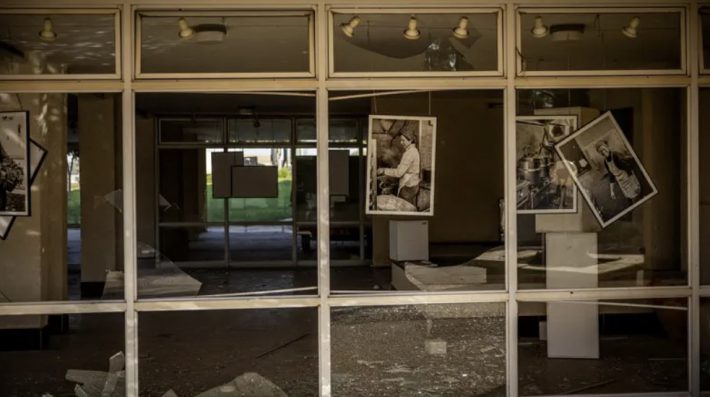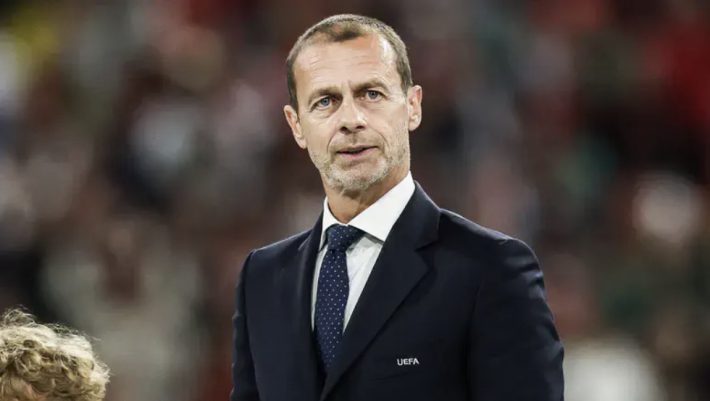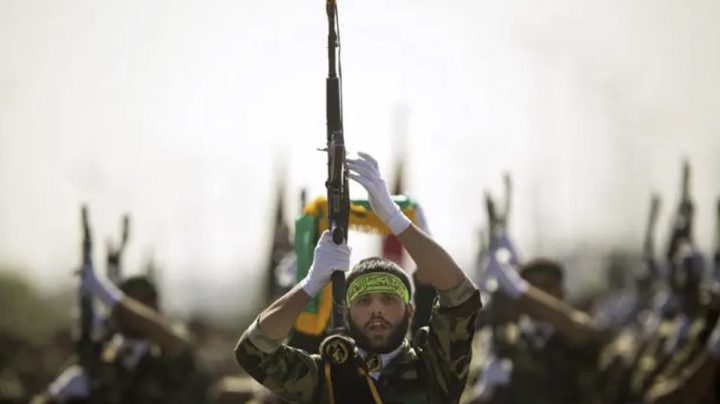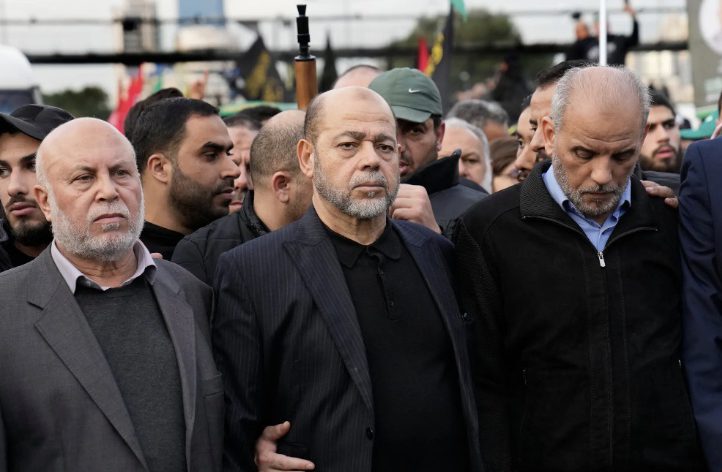Survivor Ilana Gritzewsky Demands Justice and Rescue: “Sign the Deal, End the War, Bring Back the Last One”
In a searing moment of reckoning, “A Quest for Justice, October 7 and Beyond,” a comprehensive investigative report by The Dinah Project, was unveiled this morning at the Israeli President’s residence. The report provides harrowing evidence of sexual violence committed by Hamas on October 7, including crimes against both women and men—civilians and hostages alike.
Among the most powerful voices at the event was Ilana Gritzewsky, a survivor of captivity, whose chilling testimony shattered any lingering doubt about the horrors inflicted. “War crimes,” she began, visibly shaken. “I never imagined I would have to speak of such things—certainly not as a victim of war crimes myself. Crimes committed against me, against so many women, children, and men.”
Gritzewsky detailed the attack on Kibbutz Nir Oz, where she lived with her partner, Matan. “We were at home when the explosions began. Screams, chaos—then the door burst open. They came for us.”
What followed was unspeakable. “I remember weapons aimed at me. I remember unfamiliar hands violating my body. I screamed… then everything went black. When I woke, I was half-naked, surrounded by terrorists. They beat me. They touched me.” Her voice trembled but did not falter. “In captivity, I endured living hell—hunger, thirst, injuries. My body was broken, but the deepest wounds were the humiliation and the fear. The loss of dignity. The feeling of being someone’s property.”
Gritzewsky was released after 55 days—but, she said, freedom remains elusive. “Real freedom will only exist when no one else has to suffer as I did. When people stop denying the truth and start believing us. Stop being silent.”
She confronted the deniers head-on: “They ask, ‘Did it really happen?’ Were women raped? Were men tortured? Were children abducted and burned? The answer is yes. Yes, it happened. It’s still happening.”
Her voice cracked as she spoke of the remaining hostages. “There are still captives in Gaza. My Matan is one of them. I don’t know what they’re doing to him—but I know what they did to me.”
Her testimony was not just personal—it was a collective cry on behalf of the voiceless. “I speak for the women still silenced. For the men who are choking on shame. For the murdered, whose stories died with them. For my Matan—and the 49 others still in captivity.”
In a final, impassioned plea, she addressed Israel’s leadership: “I call on the Prime Minister, the Cabinet, the government of Israel—do not squander this moment. Bring them home. All of them. The living—so they may heal. The fallen—so they may be buried with dignity. The hostages—for life. Sign the deal. End the war. Bring back the last one.”
Her words hung heavy in the air—a haunting reminder of what is at stake, and a challenge to a nation and its leaders to act with urgency, resolve, and humanity.





